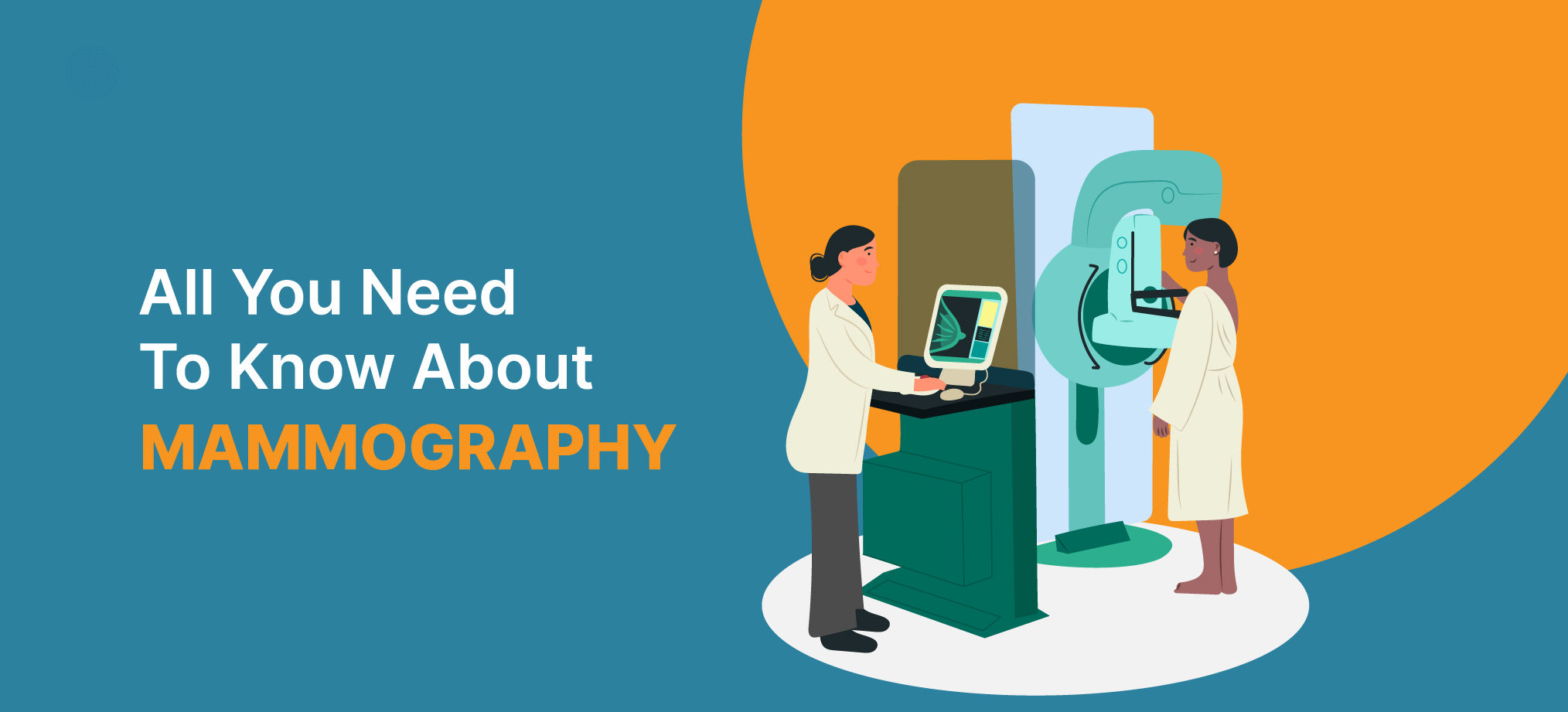Women's Wellness
Are Women at Higher Risk of Heart Disease Even at Low Blood Pressure Levels?
4 min read
By Apollo 24/7, Published on - 09 March 2021, Updated on - 22 May 2024
Share this article
0
0 like

Blood pressure is the amount of pressure exerted by the blood on the walls of the blood vessels while travelling through them. According to the World Health Organization, normal adult blood pressure is 120 mm Hg while the heart is beating (systolic blood pressure) and 80 mm Hg while the heart relaxes (diastolic blood pressure).
When the blood pressure exceeds this range, it is known as high blood pressure or hypertension. Various studies have claimed that hypertension increases the risk of various cardiovascular diseases. However, a recent study concluded that women could be at higher risk of developing cardiovascular diseases at systolic blood pressure lower than 120 mm Hg.
The study: Gender difference in blood pressure
The study published in the journal Circulation on 15th February 2021 included 27542 participants out of which 14873 (54%) were women. None of these participants had cardiovascular disease (CVD) at the beginning of the study.
The four-decade-long study was focused on analysing the difference in blood pressure levels among females and males. Scientists also aimed at analysing the blood pressure measurements that were responsible for the incidents of CVD among the female participants.
General results of the study
The general results of the study indicated that:
Out of all the participants, 7424 (44% women) developed life-threatening/non-fatal CVD over 40 years.
Throughout the study period, 3,405 cases of myocardial infarctions (heart attack), 4,081 cases of heart failure, and 1,901 stroke events were reported.
The incidents of heart attack and heart failure were seen in participants with systolic blood pressure from 120 to 129 mm Hg, while for stroke it was 130 to 139 mm Hg.
Gender-specific results of the study
When the scientists segregated the results based on the gender of the participants, it was found that the risk of developing CVD was higher in women even at a lower blood pressure value.
The gender-specific results of the study showed that:
The risk of suffering from a heart attack and heart failure in women increased at a systolic blood pressure of 110 to 119 mm Hg.
However, for men, the risk of suffering from a heart attack was high when their systolic blood pressure was above 160 mm Hg. The risk of heart failure increased in men with a systolic blood pressure of 120 to 129 mm Hg.
The risk of suffering from a stroke was seen in women with a systolic blood pressure of 120 to 129 mm Hg. However, the risk of stroke in men increased with systolic blood pressure at 140 to 149 mm Hg.
To confirm the results, the scientists divided the participants based on race, age and excluded the participants who were taking antihypertensive medications. Even after making all these changes, the results of the study remained the same.
What can women do to maintain blood pressure?
Things that can help women maintain their blood pressure include:
Overweight women must lose weight as it would reduce their risk of developing high blood pressure and other heart problems.
Take up some form of moderate-intensity physical activity such as brisk walking, cycling or swimming every day for at least 30 mins (or 150 minutes a week).
Avoid processed foods as they are high in sodium and can result in high blood pressure.
Drink at least 2 litres of water as it helps in maintaining proper blood pressure levels.
Significantly limit alcohol consumption.
Quit smoking and reduce the consumption of caffeinated beverages (tea or coffee).
Practice meditation and mindfulness to reduce stress.
Avoid sudden change in position (rapidly standing or sitting up) as it can cause dizziness to people diagnosed with fluctuating blood pressure.
Conclusion
For years, the upper limit of 120 mm Hg was considered the normal systolic blood pressure for both adult men and women. It is a well-known fact that in adulthood, the BP levels of women are lower than men in a healthy state, but the recent study showed that women can be at higher risk of heart diseases at lower thresholds of blood pressure.
In the study covered in this article, the scientists concluded that since the anatomy and physiology of the blood vessels in women are different than in men (women have arteries with a smaller diameter), the range of normal blood pressure should also be different. Further research needs to be done to understand this threshold better, in order to prevent and treat heart diseases in women.
Talk to a cardiologist if you have any questions related to heart health.
Leave Comment
Recommended for you

Women's Wellness
Dear Ladies, Get This Test Done To Find Out Your Risk Of Breast Cancer
Doctors suggest that women at or above the age of 40 years should get a mammogram done every 1 to 2 years. This article explains how mammography can determine breast cancer even before the emergence of symptoms.

Women's Wellness
Incidence of Gestational Diabetes amid Summer and COVID-19
Scientists recently established that hot weather could also increase the risk of diabetes in pregnant women. It also investigated and recorded the impact of COVID-19 on gestational diabetes.

Women's Wellness
Is It Safe to Use Medications During Lactation?
When prescribing medications to a breastfeeding mother, the doctor needs to weigh the benefits of the specific medicine against the potential risk it may cause to the baby.
Subscribe
Sign up for our free Health Library Daily Newsletter
Get doctor-approved health tips, news, and more.
Recommended for you

Women's Wellness
Dear Ladies, Get This Test Done To Find Out Your Risk Of Breast Cancer
Doctors suggest that women at or above the age of 40 years should get a mammogram done every 1 to 2 years. This article explains how mammography can determine breast cancer even before the emergence of symptoms.

Women's Wellness
Incidence of Gestational Diabetes amid Summer and COVID-19
Scientists recently established that hot weather could also increase the risk of diabetes in pregnant women. It also investigated and recorded the impact of COVID-19 on gestational diabetes.

Women's Wellness
Is It Safe to Use Medications During Lactation?
When prescribing medications to a breastfeeding mother, the doctor needs to weigh the benefits of the specific medicine against the potential risk it may cause to the baby.